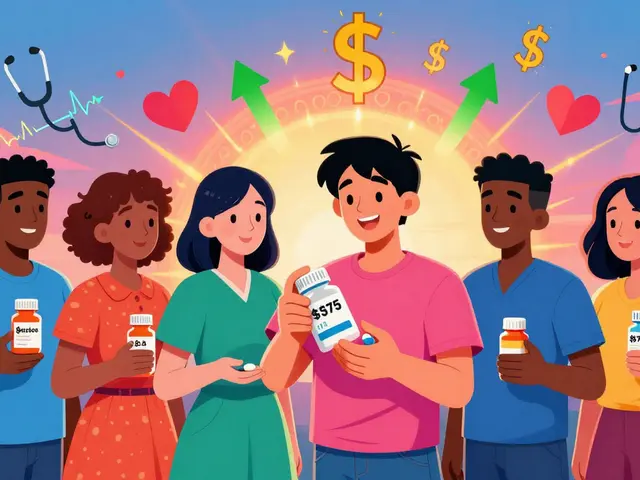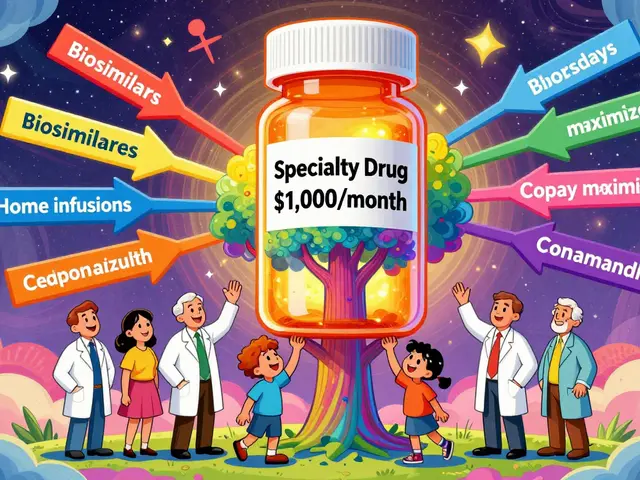Report Side Effects: What to Know and How to Stay Safe
When you experience an unexpected reaction to a medication, it’s not just your problem—it’s a signal that could protect others. Report side effects, the act of notifying health authorities about harmful reactions to medicines. Also known as adverse drug reaction reporting, it’s a simple step that fuels global drug safety systems and helps fix dangerous patterns before more people get hurt. Every time someone reports a problem—whether it’s muscle pain from statins, a rash from acitretin, or dizziness after taking a new supplement—they add a piece to a much larger puzzle. These reports are collected by agencies like the FDA and WHO, then analyzed to find hidden risks. That’s how we learn that certain statins are riskier for people with specific genes, or that St. John’s Wort can cancel out birth control pills.
Side effects aren’t always obvious. Some show up after weeks, others only when combined with another drug or supplement. That’s why drug interactions, when two or more substances change how each other works in the body matter so much. A herbal remedy you think is harmless might make your blood pressure med ineffective—or worse, cause internal bleeding. And pharmacovigilance, the science of detecting, assessing, and preventing medicine-related harm isn’t just for doctors. It’s for anyone who takes pills, patches, or injections. Your report could lead to a warning label, a dosage change, or even a drug recall. The FDA got its first warning about statin-induced muscle damage from patient reports. The WHO’s #MedSafetyWeek exists because people spoke up.
You don’t need to be a scientist to report. Most countries have free, easy-to-use portals where you can describe what happened, what you were taking, and when. Even if you’re unsure if it’s serious, report it. If ten people report the same weird headache after taking a new generic version of a drug, regulators take notice. And if you’re on long-term meds like carbimazole or domperidone, knowing how to spot and report side effects isn’t optional—it’s part of staying in control of your health.
The posts below cover real cases where side effects changed lives: muscle pain that stopped people from exercising, skin infections from psoriasis drugs, dangerous mixes with herbal supplements, and how genetic testing helps avoid bad reactions before they start. You’ll find guides on what to watch for, who’s most at risk, and how to speak up effectively. No fluff. No jargon. Just what you need to protect yourself—and others—when taking medicine.
MedWatch: How to Report Medication Side Effects and Safety Issues
Learn how to report medication side effects and safety issues through MedWatch, the FDA’s official system for tracking adverse events. Find out who can report, what to include, and why your report matters.






